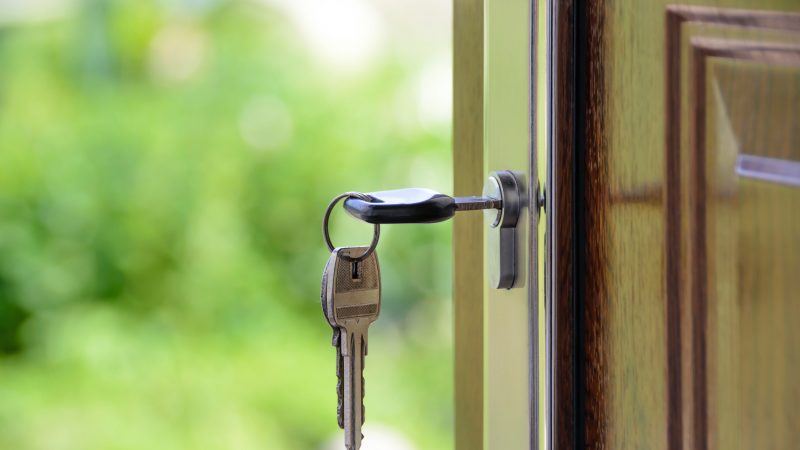
If you are buying a house you may think that once you’ve saved up your deposit and your stamp duty, your job is done.
Unfortunately, that is not the case. We thought it might be useful to highlight the other costs you could end up having to cover.
Obviously, the biggest cost is always going to be your deposit especially as most lenders now want you to put down at least 10 if not 15%. In London this means the average deposit for first-time buyers is now around £110,000.
Moreover, many lenders want additional proof that you can manage your money. They want to feel sure you will be able to cover your monthly mortgage payments. This could mean they ask you to show you actually saved up your deposit as opposed to receiving the required amount from the Bank of Mum and Dad.
Traditionally stamp duty is the other major cost when buying a house but under the current ‘stamp duty holiday’ this only applies to properties costing £500,000 or more. At least until April 2021 this won’t be an issue for most first-time buyers.
As I said at the beginning of this blog, these are the costs you would have expected. But what about the hidden costs? Which are the ones you may have missed?
What are the professional fees involved in a house purchase?
Unless the sale is specifically being marketed as a ‘sale by tender’, the buyer doesn’t have to pay any agents fees. However, you will need to pay your legal fees. These will vary from solicitor to solicitor but it is not always prudent to simply opt for the cheapest. You need to be able to rely on your solicitor to not only do a good job, but also to keep things moving. It is unlikely you will receive that level of both work and service at the lower end of the pricing scale.
When you are choosing a solicitor, I would always suggest you ask friends and family for recommendations and do a little research online. The ratings you will find on Trust Pilot and other review sites are usually accurate and current. They will give you a good idea of what someone is like to work with.
Once you have chosen a solicitor ask them about the cost of the searches they will need to perform. These will include Land Registry and Local Authority searches. They will be charged in addition to the actual legal fees and can take some buyers by surprise when the final bill arrives.
The next cost to consider is a survey. You should always invest in a structural survey (and your surveyor should have the required professional accreditations preferably from RICS) especially with older properties. The survey will highlight any structural issues and if those issues exist, it could save you a significant amount of money should they come to light after you’ve moved in.
Although it will vary from lender to lender, there may also be a fee for arranging your loan. Always check the small print, especially as the Money Advice Service says this fee could range from £150 to £1,500 depending on the value of your new home.
What are the ‘other’ costs involved in buying a house?
I’m afraid the costs don’t end with professional fees.
You have to pay for your removal service, property insurance, contents insurance, council tax, and utility bills.
With regards to council tax and utilities, we would always recommend you speak to your providers and local authority. You may be able to claim rebates on any payments they took in advance and as you may have to prepay when you arrive at your new home, that extra cash could be useful.
Aside from bills, it is always prudent to keep a little back for the more practical stuff. That could include furniture and white goods though if you are buying a new build, you may be able to persuade your developer to include these in the sale.
However, if you’re buying an older property these costs could involve essential repairs.
The Money Advice Service estimates the average homeowner has to pay around £5,750 to put things right. This is another reason a survey is so essential. Your survey should uncover any faults and you can use those issues to reduce the price. If your surveyor misses them you can take legal action to ensure they cover the costs of those repairs for you.
While all of these extra costs may look a little scary written down, please don’t let them put you off buying a new home.
Property – and residential property in particular – remains the safest and fastest-growing investment we can make in today’s uncertain world, particularly in and around London. While it may take a few more weeks of saving to cover these costs, the eventual returns will make these weeks more than worthwhile.
If you are buying a house and have any legal questions or would like to talk through the process, please email me at Jeremy.Tulloch@collinshoy.com or call me on 0208 515 6600.